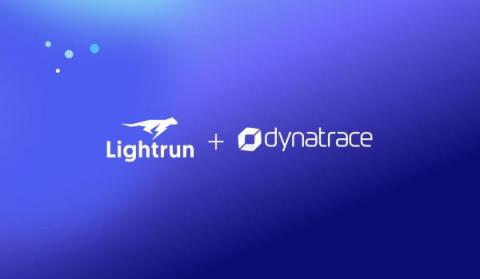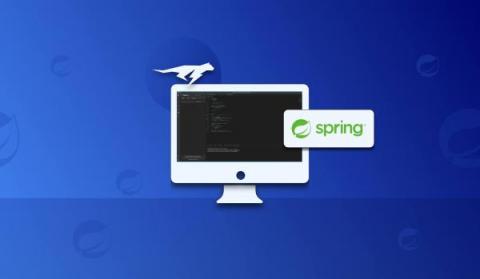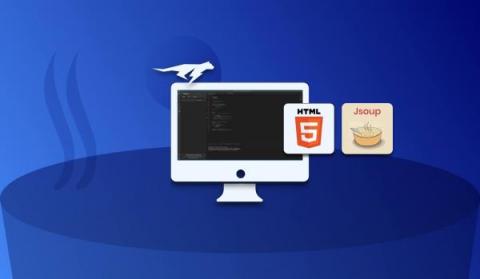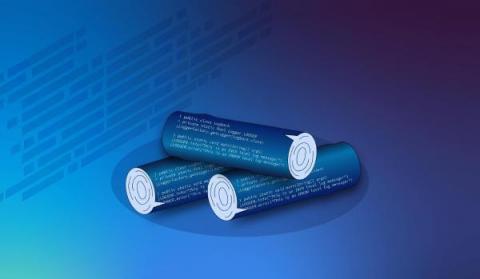Debugging Java Collections Framework Issues in Production
The Java Collections Framework was a huge leap forward when it was introduced as part of Java 2 (JDK 1.2). Thanks to the included collection classes we finally moved beyond the limits of Vector and Hashtable to more mature and generic solutions. With the introduction of streams and functional concepts in Java 8 the framework took everything to the next level. One of the core principles underlying the framework is coding to the interface.











